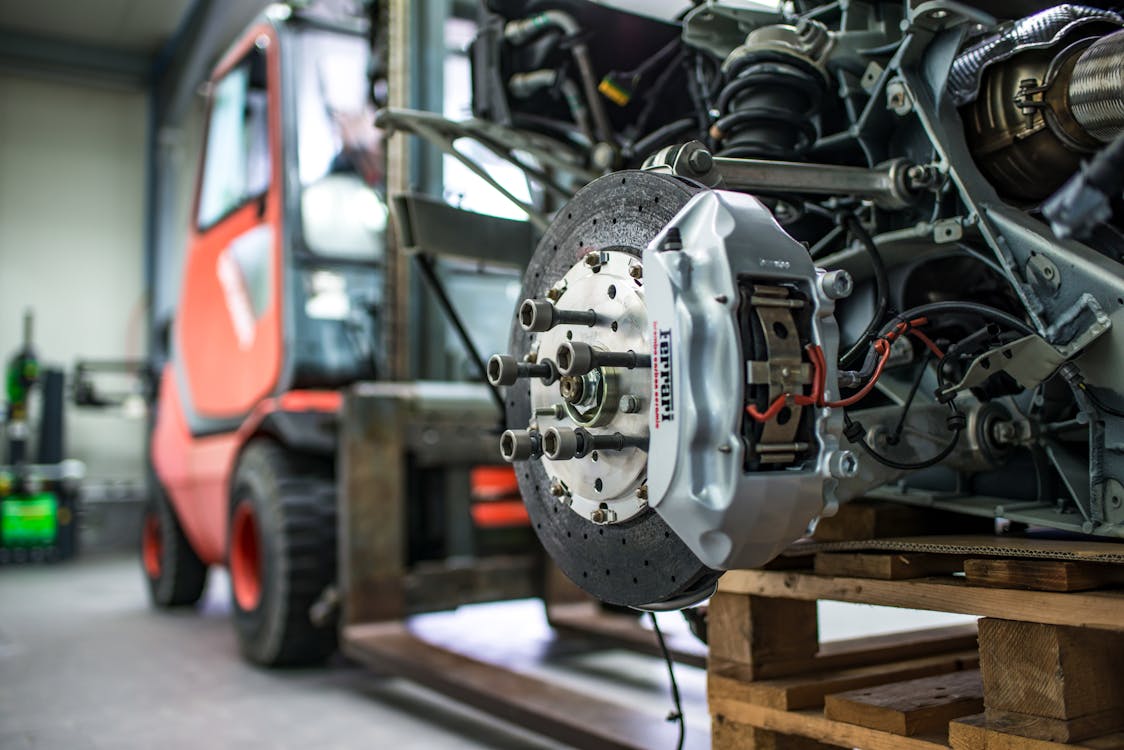7 Signs Your Car Needs Immediate Brake Service



Your brakes are more than just a convenience—they're a lifeline. Ignoring early warning signs can lead to expensive repairs, reduced performance, and dangerous driving conditions. How do you know when it's time for a brake check? Here are the most common signs it's time to visit Redmon's Auto Care in Lebanon, Ohio.
When your brakes make high-pitched noises during stops, your brake pads are likely worn thin. Modern brake pads include a built-in wear indicator that creates this sound as a warning. Don't ignore it—it's your car's cry for help!
Hear a deep grinding noise? Your brake pads may be completely worn down, causing metal-on-metal contact. This can severely damage your rotors and lead to costly repairs.
A brake pedal that feels soft or sinks too easily could indicate air in the brake lines or a fluid leak. Either issue compromises your braking system—a safety risk you can't afford to ignore.
Does your vehicle veer left or right during braking? This could indicate uneven brake pad wear, a stuck caliper, or a brake fluid issue. It's a clear signal that your car needs professional attention.
If your steering wheel shakes when you slow down, you likely have warped brake rotors. These vibrations compromise your braking power and vehicle control—particularly at higher speeds.
Many drivers overlook their dashboard warnings. When your brake light illuminates, take it seriously. It's a clear indicator that something needs attention—address it before the problem escalates.
Notice a sharp, chemical odor after heavy braking? Your brakes might be overheating, which can cause brake fade or complete failure. If you detect this smell, pull over to let your brakes cool, then get them inspected immediately.
Brake problems only worsen with time—and so do repair costs. If you've spotted any of these warning signs, visit Redmon's Auto Care. Our certified technicians will thoroughly inspect your brake system to ensure your safety on the road.
Call Redmon's Auto Care or schedule your brake inspection online today. We'll help you stop problems before they start—literally.
